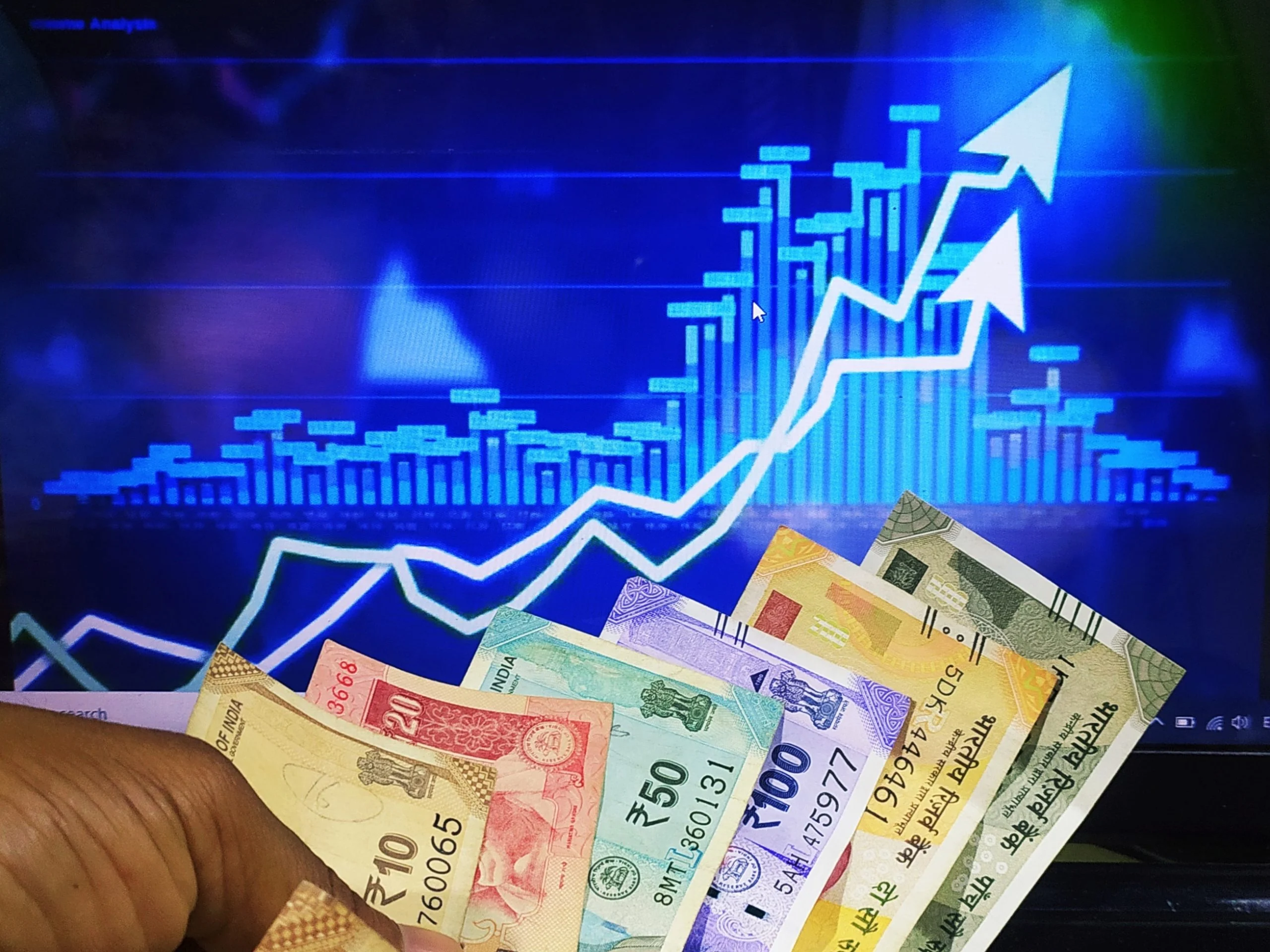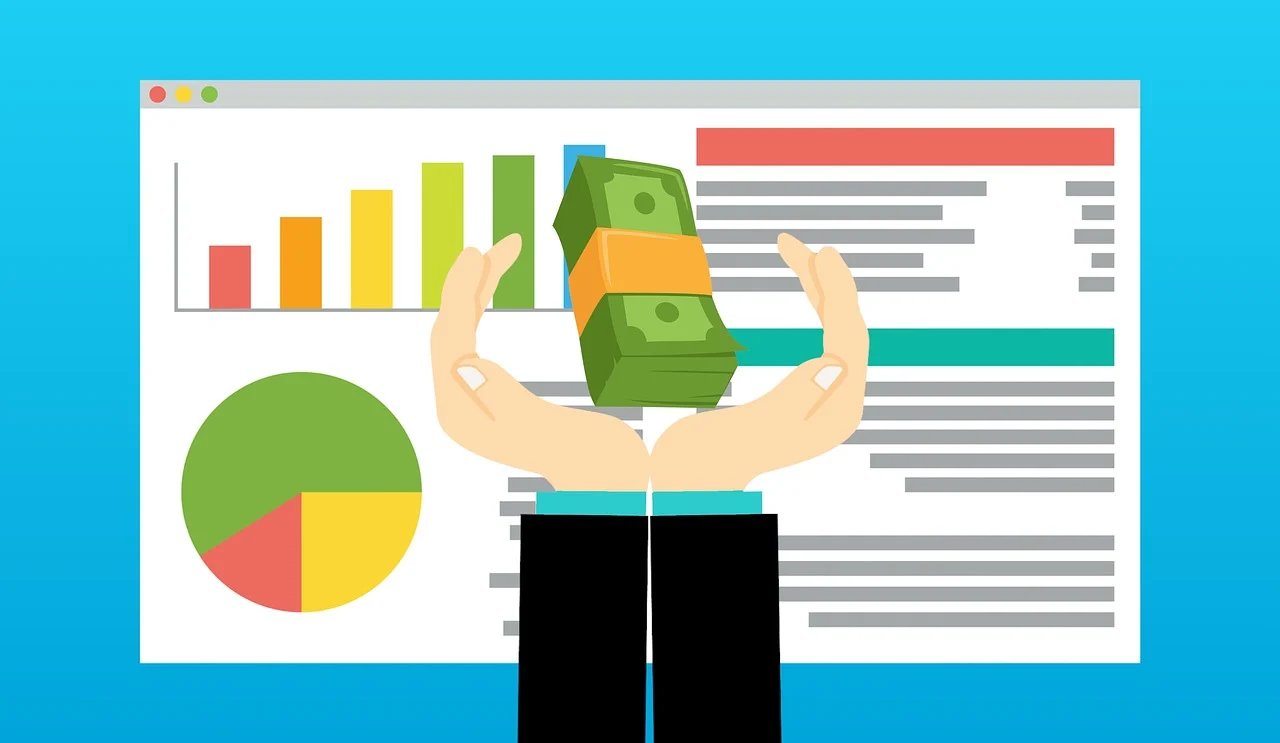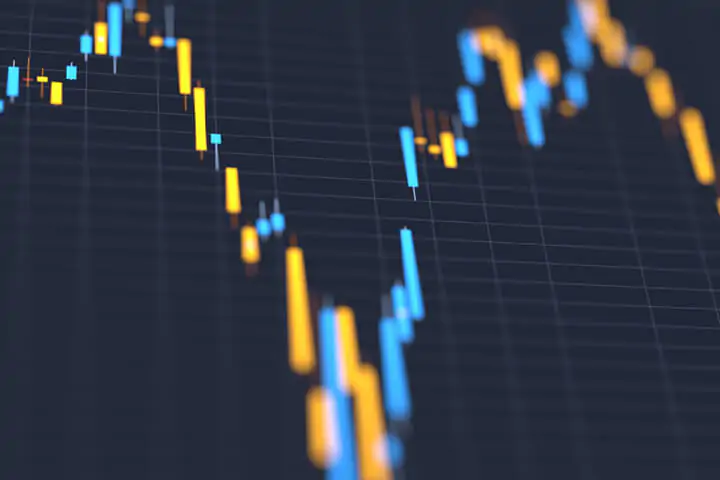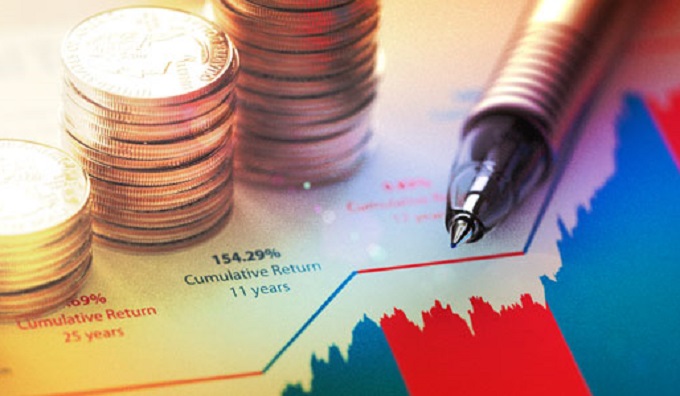What Are Currency Markets and What Drives Their Fluctuations?
What are the movements of global currencies and why do they matter? Currency markets can have a significant impact on economies and businesses, so it's important to understand what's happening in order to make informed decisions. In this blog post, we'll explore the most recent trends in currency markets and discuss the factors that are influencing exchange rates. We'll also look at how you can use currency markets to your advantage. So, if you're curious about global currencies, be sure to read on!
What are currency markets and what drives their fluctuations?
Currency markets, or Forex markets, are where global currencies are traded. They work like any other market: buyers and sellers come together to trade currency pairs (e.g. EUR/USD), and the prices of these pairs fluctuate based on supply and demand. The Forex market is the largest and most liquid financial market in the world, with a daily trading volume of over $5 trillion.
There are many factors that can influence currency exchange rates. Some of the most important include:
Government policies: Central banks often intervene in Forex markets in order to stabilize their own currencies. For example, if a country's currency is falling sharply against others, the central bank may step in and sell its currency, driving up its value.
Interest rates: Higher interest rates tend to attract foreign investment, leading to an appreciation of the currency. Conversely, lower interest rates can lead to a currency's depreciation.
Trade flows: The balance of trade (the difference between a country's imports and exports) can also affect currency exchange rates. If a country is running a trade deficit ( importing more than it exports), this means that there is demand for its currency in the global market, and its value will increase. On the other hand, if a country is running a trade surplus (exporting more than it imports), this means there is less demand for its currency, and its value will decrease.
Political stability: Currencies can also be affected by political instability or even the perception of instability. For example, if a country is going through a period of political turmoil, this may lead to investors selling off its currency, causing its value to drop.
How can you take advantage of currency markets?
As we've seen, currency markets can be influenced by a number of factors. This means that there are opportunities to make profits (or losses) by predicting which way exchange rates will move.
There are a few ways to do this:
Forex trading: You can trade currency pairs directly on the Forex market. This involves buying and selling currencies in order to make a profit from the difference in exchange rates.
Currency ETFs: Another way to trade currency markets is through currency ETFs. These are investment funds that track a basket of currencies, and you can buy or sell shares in them just like any other stock.
Currency futures: Currency futures are contracts that allow you to buy or sell a specific currency at a set price in the future. These can be useful if you want to hedge against exchange rate risk.
No matter which method you choose, it's important to keep an eye on the factors that can affect exchange rates so that you can make informed decisions about when to buy or sell.
How do investors make money from trading in these markets?
There are two main ways that investors make money from currency markets. The first is known as "speculation." This occurs when an investor buys a currency in hopes that it will appreciate in value relative to other currencies. For example, if an investor believes that the US dollar will strengthen against the Japanese yen, they would buy US dollars and sell yen. If the US dollar does indeed appreciate, the investor will make a profit.
The second way that investors make money from currency markets is through "carry trade." In a carry trade, an investor buys a currency with a high-interest rate and sells a currency with a low-interest rate. For example, if the US dollar has a higher interest rate than the Japanese yen, an investor might buy US dollars and sell yen. The investor will then earn interest on the US dollar while paying interest on the yen. If the exchange rate between the two currencies remains relatively stable, the investor can make a profit.
Of course, there is also risk involved in currency markets. If an investor speculates that a currency will appreciate and it instead depreciates, they will lose money. Similarly, if an investor carries out a carry trade but the exchange rate between the two currencies changes unfavorable, they may also lose money. This is why it is important for investors to carefully consider their investment strategies before entering into any trades.
While currency markets can be risky, they can also be quite lucrative for investors who are willing to take on the risk. By carefully studying the markets and making informed investment decisions, investors can stand to make a great deal of money from trading in these markets.
Major players in the currency market and their strategies
There are a number of different players that participate in the currency market. Some of the major players include central banks, commercial banks, hedge funds, and retail investors. Each of these players has their own unique strategies for participating in the market.
Central banks are perhaps the most important players in the currency market. They play a large role in setting interest rates and influencing the supply and demand of currencies. Central banks also have the power to intervene in markets to stabilize Exchange Rates if they feel it is necessary.
Commercial banks are another important player in the currency market. They provide liquidity to the market by buying and selling currencies. Commercial banks also help clients with foreign exchange transactions, such as when businesses need to buy goods or services from another country.
Hedge funds are another type of player in the currency market. Hedge funds typically take on more risk than other market participants. They may use leverage to amplify their returns and often utilize complex investment strategies.
Finally, retail investors are individuals who participate in the currency market. Retail investors typically trade through brokerages and typically don't have the same level of access to information and resources as other types of market participants. However, retail investors can still be quite successful in the currency market if they are willing to do their research and take on some risk.
Conclusion
Currency markets are where global currencies are traded. They're influenced by a variety of factors, including government policies, interest rates, and trade flows. You can take advantage of currency markets by Forex trading, investing in currency ETFs, or currency futures contracts. Keep an eye on the factors that affect exchange rates so that you can make informed decisions about when to buy or sell. Thanks for reading!














